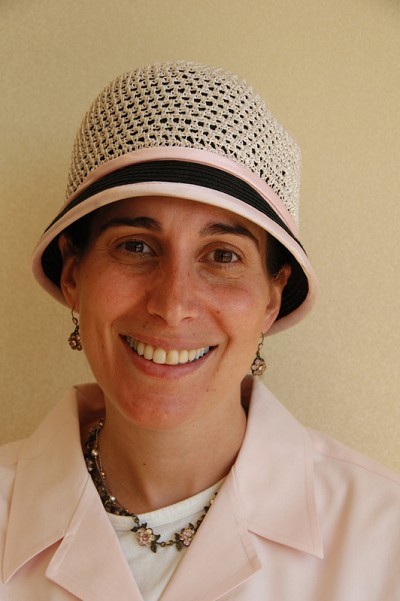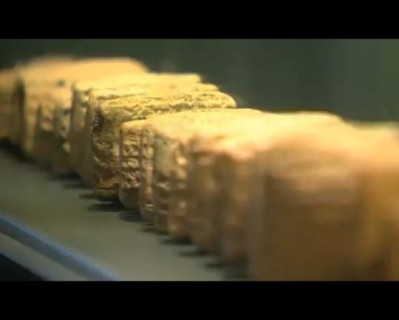Day 54
Yirmiyahu: Man of Truth
Dedicated in loving memory of Olga and Bernard Sandler, Avigayil bat Pinchas and Dov ben Yaakov and Lena Cowan, Liba bat Ben Tzion.
CLICK HERE TO BUY THE BOOK

Rabbanit Shani Taragin
Rabbanit Shani Taragin is currently pursuing her PhD in Tanach while teaching Tanach in Midreshet Lindenbaum and at MaTaN, Migdal Oz, Sha’alvim for Women, Lander’s College, and the Women’s Beit Midrash in Efrat. She is a graduate of Nishmat’s Keren Ariel Program as a halachic advisor in issues of family purity law.





